General
Foundation Stage planning is a very different approach to Key Stage 1 or 2. Children in Nursery and Reception classes often have ‘continuous provision” - a variety of activities which children are free to move around among and choose for themselves. Sometimes activities will be provided where the teacher or classroom support works with all the children at different points during the week. Read more
Sort by:
Date (Newest first) | Title A-Z
Show:
All |
Articles |
Podcasts |
Multipage Articles
-

Animals who help us: teaching past and present in EYFS
ArticleClick to view -

‘Golden threads’ in primary history
ArticleClick to view -

EYFS Medium Term Plan - Toys and Games
ArticleClick to view -

How to incorporate EYFS as a subject leader
ArticleClick to view -
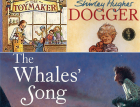
Using stories to support history in the EYFS
ArticleClick to view -
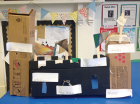
Pupil voice: Democratising history lessons in Key Stage 1
ArticleClick to view -
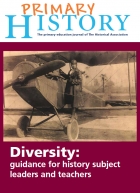
Primary History Summer Resource 2019: Diversity
ArticleClick to view -

Primary history and British values
ArticleClick to view -

Using artefacts to develop young children’s understanding of the past
ArticleClick to view -

Role play and the past
ArticleClick to view -

KS1: Teaching about significant individuals
ArticleClick to view -

What your local Archive Service can offer to schools
ArticleClick to view -
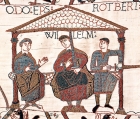
The importance of history vocabulary
ArticleClick to view -
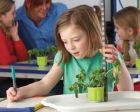
Using 'Development Matters' in the Foundation stage
ArticleClick to view -
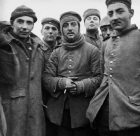
Ideas for Assemblies: Lest we forget
ArticleClick to view -
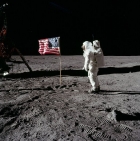
Implementing the 2014 curriculum in Year 2
ArticleClick to view -

Tackling the Key Stage 1 Curriculum Interview
Multipage ArticleClick to view -

Including the Muslim Contribution in the National Curriculum for History
ArticleClick to view -

A History of the World: 100 objects that tell a story
ArticleClick to view -

Helping pupils to view historical film critically
ArticleClick to view


